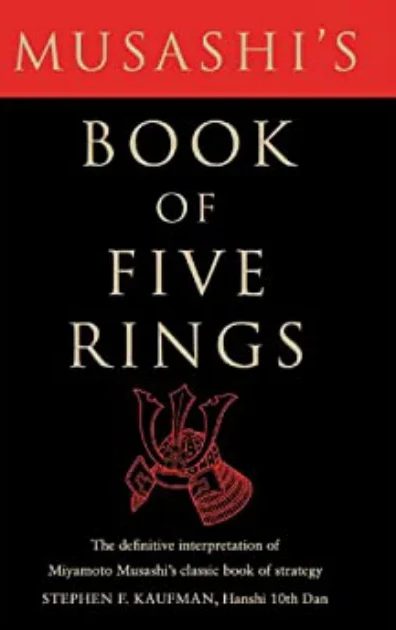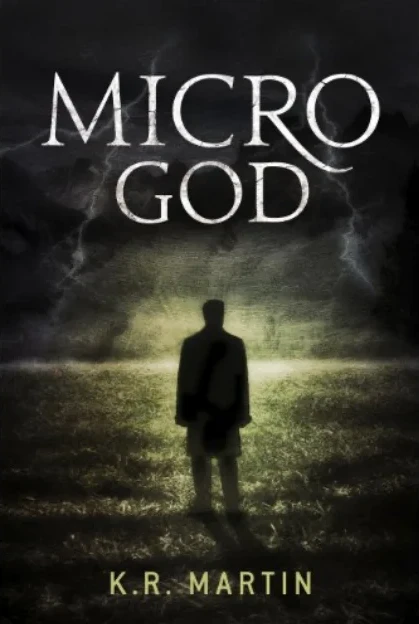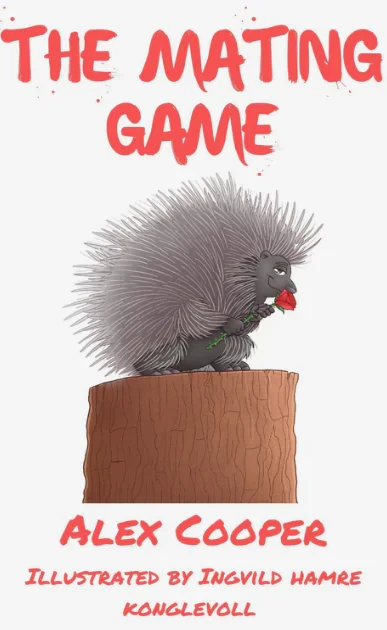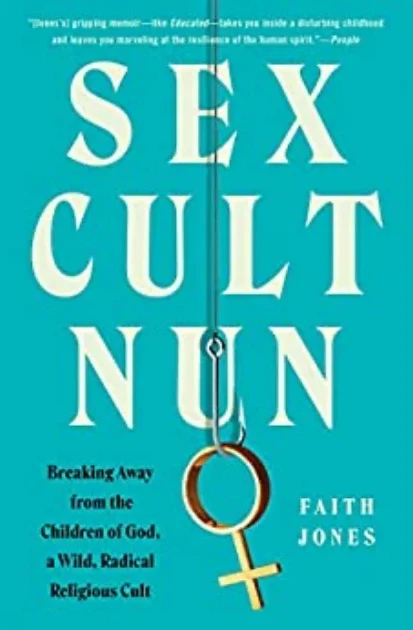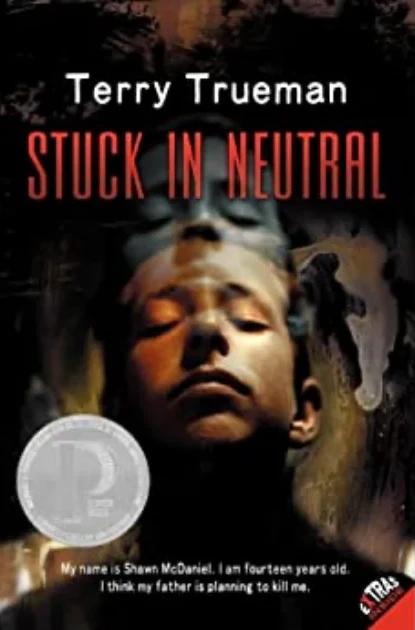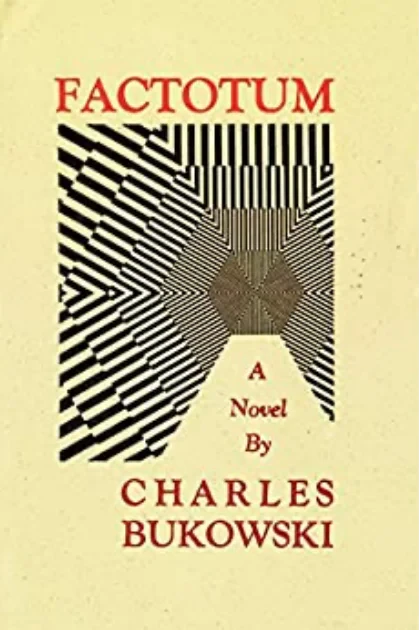Lending copies of the Book of Five Rings to people across the years resulted in subsequent repurchases of the beloved novel. The theft and willingness to repurchase copies speak to the book’s strength, having purchased the sixth, final, unstealable digital eBook. As a martial arts and philosophy enthusiast, I continue to find value in Stephen Kaufman’s interpretation of this book since its discovery in 1996, spurring many recommendations to fellow readers.
Hanshi Kaufman 10th Dan is a martialist, as he discusses in the book, distinguishing the artist and the warrior.
This is a book for “martialists.” Not martial artists. The concept of “art” can lead to a misunderstanding of the warrior’s purpose and preclude a subjective relationship to form and function (Kaufman, 2021).
His long career and accomplishments in martial arts, authorship, and business strategy are in no small way a testament to the teachings of Miyamoto Musashi. Any understanding of the Book of Five Rings begins where Kaufman states, “This is not another book about Japanese business strategy.” Printed at the beginning of the book, Kaufman’s statement removes any conflation of business strategy with the methodology of killing. A necessary differentiation at the time of publishing in the nineties, a decade still littered with views of the Japanese Samurai businessmen cleaving stoically and mercilessly to take over the world, fueled by books and movies like Michael Crichton’s Rising Sun. Paradoxically, Kaufman’s clarification of the book serves to open broader interpretation by removing the business qualities that often cheapen ideas, allowing the full power of Musashi’s teachings to crystallize.
Miyamoto Musashi is a Kensai, a “Sword Saint” of Japan who created the Nito Ichi-ryū school of strategy and swordsmanship technique (a two-sword method of fighting). Musashi fought and won over sixty duels and wrote his philosophy, the Book of Five Rings, towards the end of his life. The book is in first-person, which closes the narrative distance bringing Musashi’s stoic, practical fighting view into sharp meaning as he definitively states harsh lessons throughout the book. Kaufman’s interpretation is simple, powerful, and meaningful, maintaining the perspective of the master speaking. The reading fluently flows constructed in emphasis-filled sentences and forthright statements that force the reader to confront the wisdom of a man whose job was killing, forming a philosophy for divining the truth within yourself.
The meaningfulness of the Book of Five Rings reveals in the book’s impact. My first reading of the book at age twenty-six occurred by accident at Barnes & Noble while walking to the poetry section of the store. By chance, the book stared from the shelf near some martial arts books, and reading the introduction by Kaufman captured attention and purchase.
Lost in life between aspirations of authorship and realities of work, The Book of Five Rings brought a healthy dose of wisdom infused with pragmatism. The text effused many concepts forming tenets of living, which is no small accolade since I did not believe in Buddhism, Shintoism, Taoism, or any religion. Yet, certain concepts shined with importance, most notably the concept of “the Way.”
Kauffman’s eloquence and precision conveyance of Musashi’s description of the Way or path to mastery speaks to the reader who is lost or undecided in a particular direction of life. My struggle with authorship ended in a new understanding of giving myself to the Art and that Art giving itself back.
A master achieves the Way by being devoted to the art, while the art itself reveals its true identity to a warrior only when the “spirit of the thing itself ” feels comfortable with the warrior as a vehicle for its own expression (Kaufman, 2021).
Musashi’s devotion to training highlighted the lack of effort I applied to literature and thereby clarified the need to work the craft longer and more intensively for the craft to reveal itself. A lesson employed over and over which resulted in an ever-deepening comprehension of literature. There are few books I return to study, and at the risk of sounding mundane, the concept of “the Way” is life-altering and inspires the return from time to time.
Kauffman honors Musashi and the Japanese in his clear, straightforward interpretation that harbors no perversion or exaggeration of Japanese philosophies and religious concepts so often abused by the west in the name of commerce. While I expand the interpretation of Musashi beyond what Kauffman definitively calls “a book for ‘martialists,’” I feel this indiscretion forgivable as his translation of the Book of Five Rings resonates with anyone but especially younger generations seeking a path of meaning in life.
~~~
Book of Five Rings By Stephen Kaufman Tuttle Publishing; 2nd edition (May 15, 2012)
